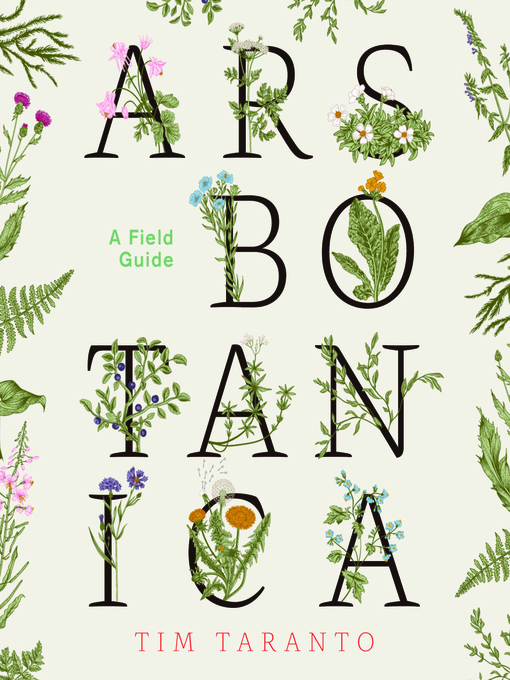This searingly personal meditation on grief tells the story of falling in and out of love in the company of sickness, joy, and loss. Tim Taranto explores love and humanity from a place of heartache and grief, juxtaposing elements of the natural world with human nature. Featuring original illustrations, Ars Botanica is a gorgeous hybrid of memoir, prose poetry, and novella.
Tim Taranto is from Upstate, New York. His work has appeared on Buzzfeed, The Rumpus, The Paris Review Daily, McSweeney's Internet Tendency, and others. He is a graduate of Cornell University and the Iowa Writers' Workshop.


